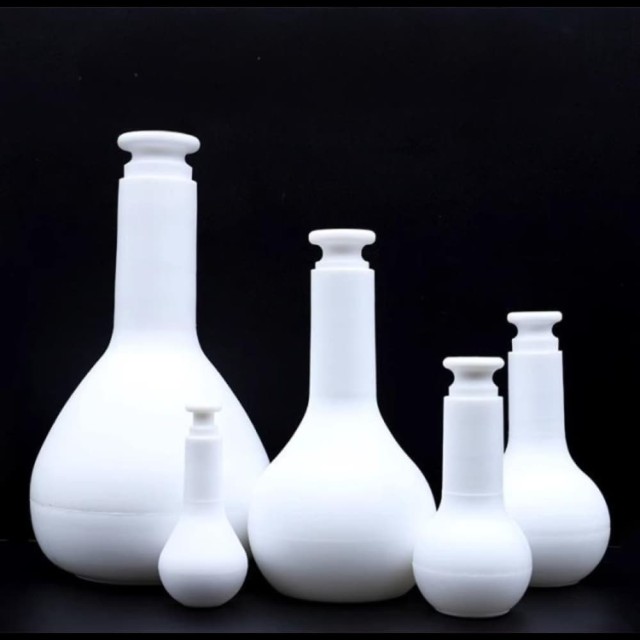
PTFE material
Custom PTFE Teflon Parts Manufacturer for F4 PTFE Volumetric Bottle
Item Number : PTFE-25
Price varies based on specs and customizations
- Material
- PTFE
- Specification
- See the form
Shipping:
Contact us to get shipping details Enjoy On-time Dispatch Guarantee.
Why Choose Us
Easy ordering process, quality products, and dedicated support for your business success.
Introduction
The F4 PTFE volumetric bottle, also known as a PTFE Measuring Flask, is an innovative alternative to traditional glass and PP volumetric flasks. This flask is designed to measure both acidic and alkaline liquids, making it a versatile tool in laboratory settings. Key features include:
- High Temperature Resistance: Capable of withstanding temperatures up to 260ºC, ensuring durability and reliability in high-heat applications.
- Excellent Chemical Resistance: Exhibits inertness towards most chemicals and solvents, providing a safe and stable environment for storing and measuring corrosive substances.
- Wide Range of Volumes: Available in various sizes, catering to different experimental needs and ensuring precise measurements.
These features make the PTFE Volumetric bottle an essential tool for laboratories dealing with harsh chemicals and high temperatures, ensuring accuracy and safety in all measurements.
Details & Parts
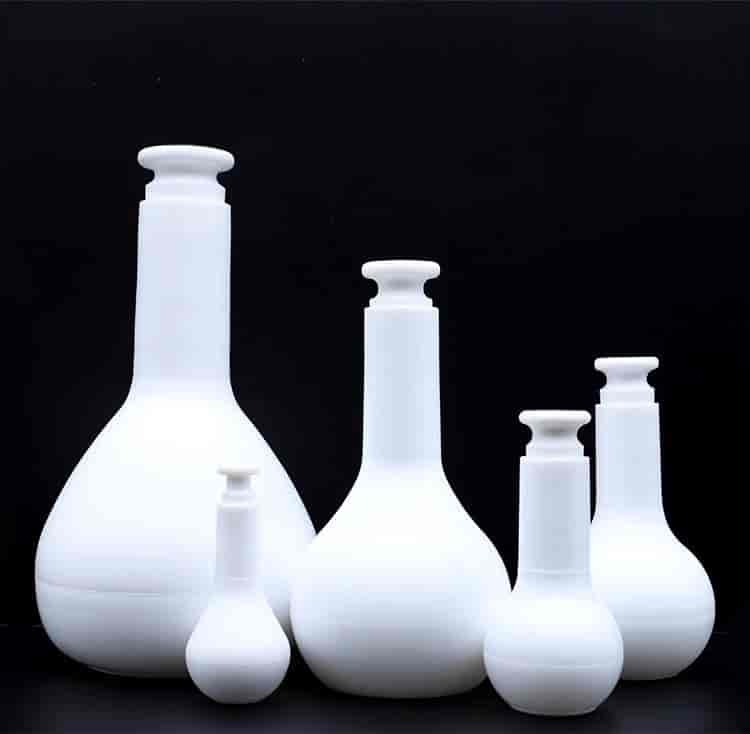
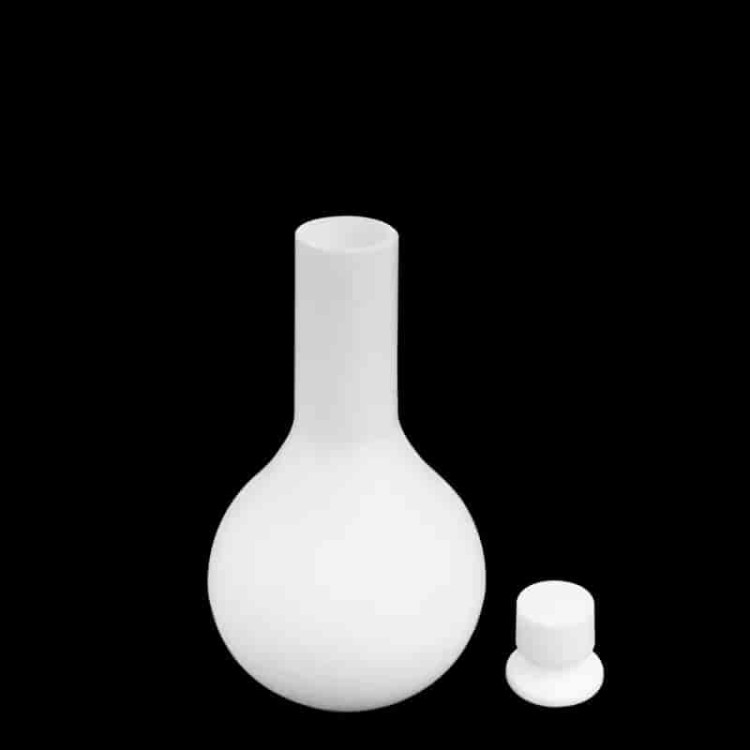
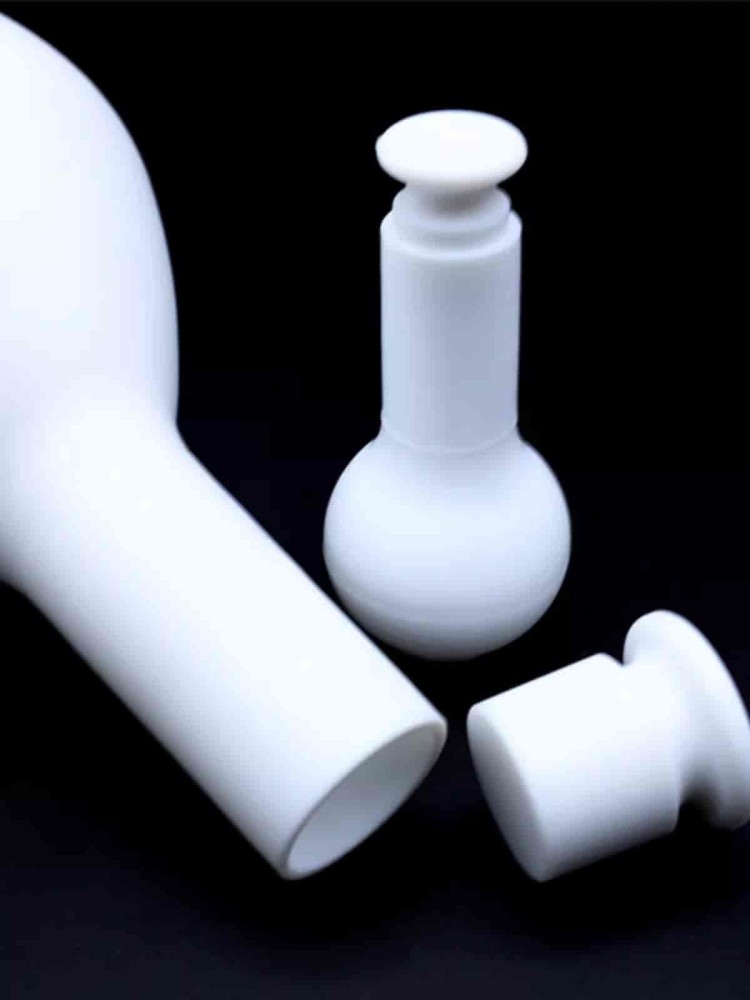
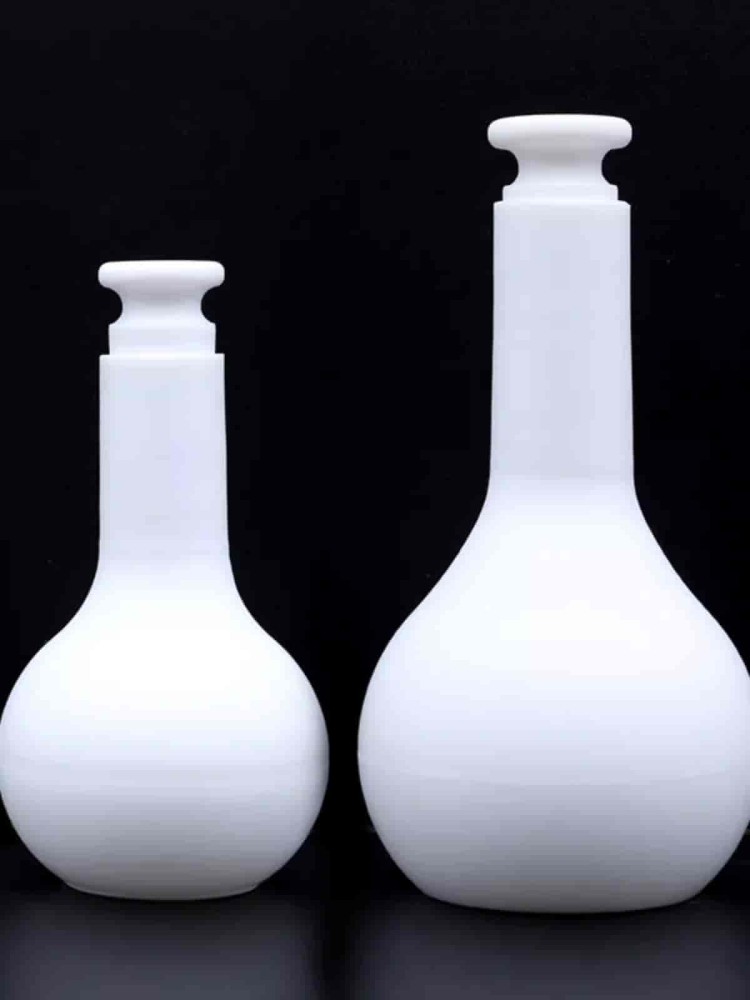
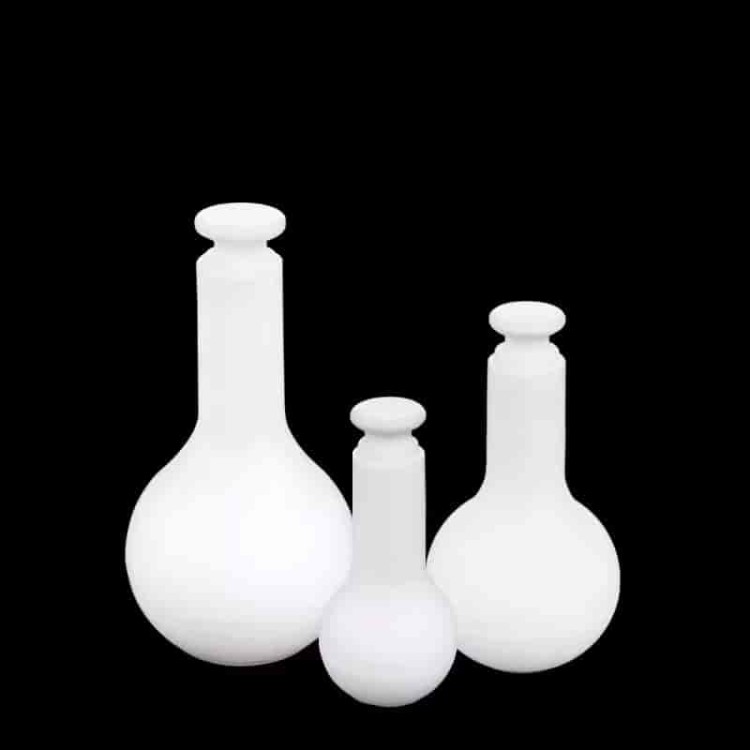
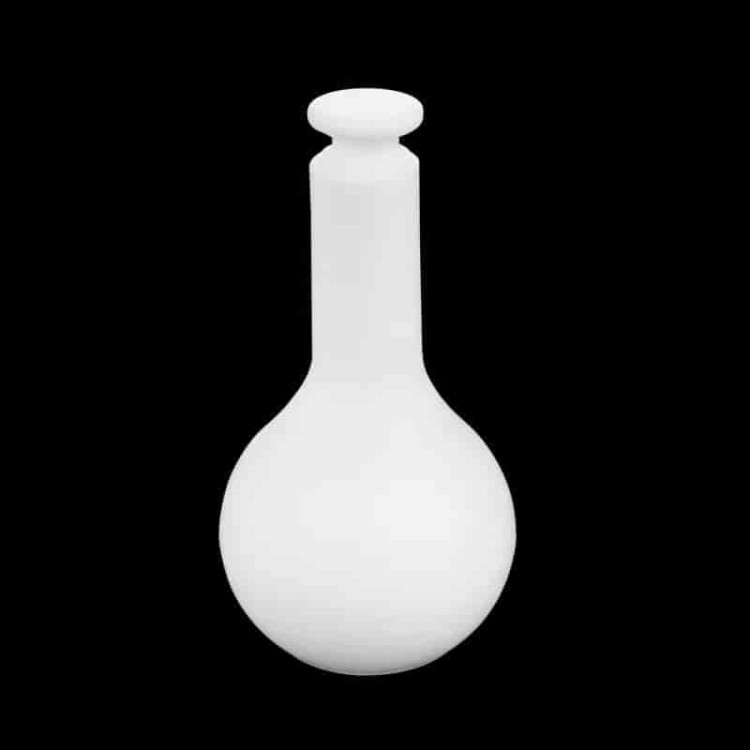
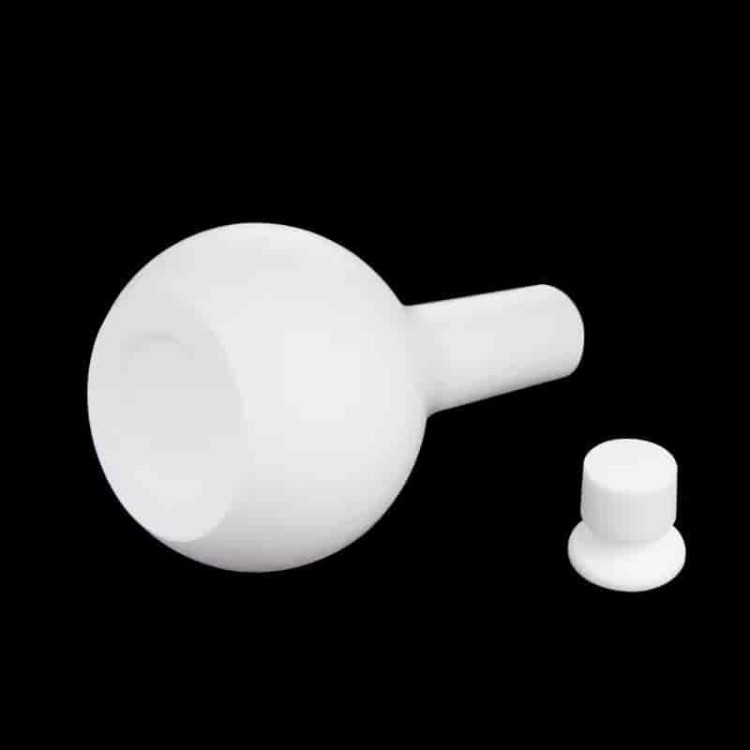
Technical specifications
| Model | Upper outer diameter(mm) | Bottle diameter(mm) | Height to bottle mouth(mm) | Height including bottle cap(mm) | Weight(g) |
|---|---|---|---|---|---|
| 12ml | 15.6 | 37 | 70.5 | 84.8 | 40 |
| 50ml | 24 | 48.7 | 87.7 | 104.8 | 74 |
| 100ml | 24.5 | 66.1 | 105.9 | 124.8 | 124 |
| 250ml | 27.8 | 83.9 | 143.1 | 159.1 | 232 |
| 500ml | 36.7 | 115.8 | 187.1 | 213.2 | 567 |
| 1000ml | 44.6 | 143.9 | 257.2 | 280.5 | 940 |
Advantages
The PTFE Volumetric Flask offers a range of significant advantages over traditional glass and PP volumetric flasks, making it an ideal choice for laboratories dealing with strong acids and alkalis. Here are some of the key benefits:
- Chemical Inertness: PTFE is chemically inert, which means it does not react with most chemicals, including strong acids and alkalis. This ensures that the flask does not contaminate the contents, maintaining the integrity of the samples.
- High Temperature Resistance: With a high working temperature of up to 260º C, these flasks can withstand extreme heat, making them suitable for a variety of high-temperature applications without distortion or degradation.
- Translucent Design: The translucent nature of PTFE allows for easy observation of the solutions inside, facilitating accurate measurements and monitoring of reactions.
- Microwaveable: The flasks are microwaveable, allowing for rapid heating and versatility in various experimental procedures.
These advantages make PTFE volumetric flasks a superior choice for laboratories requiring robust, reliable, and chemically resistant equipment for handling strong acids and alkalis.
Designed for You
KinTek provide deep custom made service and equipment to worldwide customers, our specialized teamwork and rich experienced engineers are capable to undertake the custom tailoring hardware and software equipment requirements, and help our customer to build up the exclusive and personalized equipment and solution!
Would you please drop your ideas to us, our engineers are ready for you now!
Trusted by Industry Leaders

FAQ
What Are The Key Features Of A PTFE Volumetric Flask?
How Does A PTFE Volumetric Flask Compare To Glass Or PP Volumetric Flasks?
Is The PTFE Volumetric Flask Easy To Clean?
4.8 / 5
Exceptional durability and resistance!
4.7 / 5
Highly resistant to harsh chemicals.
4.9 / 5
Perfect for high temp experiments.
4.6 / 5
Non-stick surface makes cleaning a breeze.
4.8 / 5
Microwaveable feature is a game-changer.
4.7 / 5
Excellent for precise measurements.
4.9 / 5
Unbreakable, great for busy labs.
4.6 / 5
Translucent design aids in observation.
4.8 / 5
Resistant to a wide range of chemicals.
4.7 / 5
Lightweight yet robust.
4.9 / 5
Ideal for both acids and alkalis.
4.6 / 5
Cost-effective solution for labs.
4.8 / 5
Excellent for long-term use.
4.7 / 5
Non-leachable, ensures sample purity.
REQUEST A QUOTE
Our professional team will reply to you within one business day. Please feel free to contact us!
Related Products
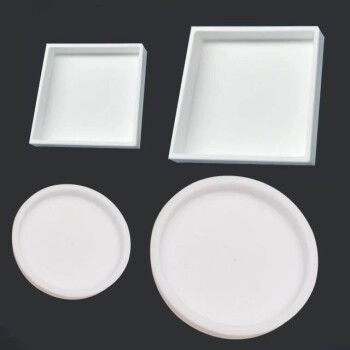
Custom PTFE Teflon Parts Manufacturer for PTFE Containers
PTFE container is a container with excellent corrosion resistance and chemical inertness.

Custom PTFE Teflon Parts Manufacturer for PTFE Measuring Cylinder 10/50/100ml
PTFE measuring cylinder are a rugged alternative to traditional glass cylinders. They are chemically inert over a wide temperature range (up to 260º C), have excellent corrosion resistance and maintain a low coefficient of friction, ensuring ease of use and cleaning.
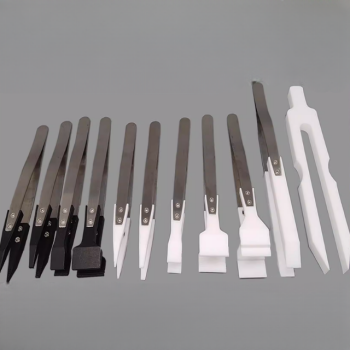
Custom PTFE Teflon Parts Manufacturer for PTFE Tweezers
PTFE tweezers inherit the excellent physical and chemical properties of PTFE, such as high temperature resistance, cold resistance, acid and alkali resistance, and corrosion resistance to most organic solvents.
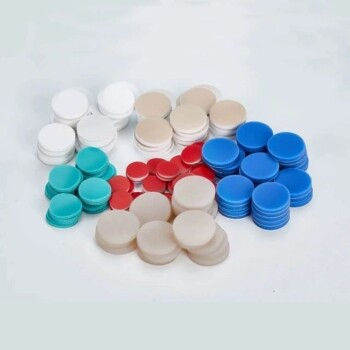
Custom PTFE Teflon Parts Manufacturer for Gaskets and More
Gaskets are materials placed between two flat surfaces to enhance the seal. To prevent fluid leakage, sealing elements are arranged between static sealing surfaces.

Custom PTFE Teflon Parts Manufacturer PTFE Beaker and Lids
The PTFE beaker is a laboratory container that is resistant to acid, alkali, high and low temperatures and is suitable for temperatures ranging from -200ºC to +250ºC. This beaker has excellent chemical stability and is widely used for heat treatment samples and volume analysis.
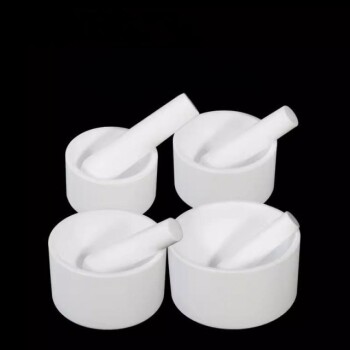
Custom PTFE Teflon Parts Manufacturer Grinding Bowl
PTFE is renowned for its exceptional chemical resistance, thermal stability, and low friction properties, making it a versatile material in various industries. The PTFE grinding bowl, specifically, finds applications where these properties are crucial.

Custom PTFE Teflon Parts Manufacturer for Reagent Wide Mouth Fine Mouth Sample High Temperature Bottles
The PTFE Reagent Bottle, also known as PTFE Chemical Bottles or Teflon Reagent Bottle, is a robust alternative to traditional glass reagent bottles. These bottles are highly resistant to both acids and alkalis, featuring a leak-proof screw cap. Ideal for laboratory use, they offer excellent chemical resistance, high temperature capabilities up to 260°C, and superior durability.
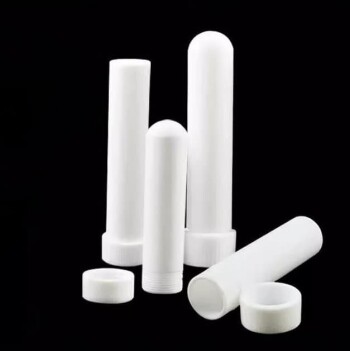
Custom PTFE Teflon Parts Manufacturer for Centrifuge Tubes
PTFE centrifugal tubes are highly valued for their exceptional chemical resistance, thermal stability, and non-stick properties, making them indispensable in various high-demand sectors. These tubes are particularly useful in environments where exposure to corrosive substances, high temperatures, or stringent cleanliness requirements are prevalent.
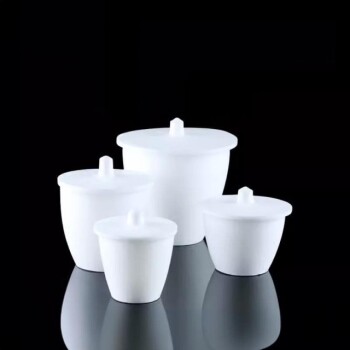
Custom Machined and Molded PTFE Teflon Parts Manufacturer with PTFE Crucible and Lid
PTFE crucibles, made from pure Teflon, offer chemical inertness and resistance from -196°C to 280°C, ensuring compatibility with a wide range of temperatures and chemicals. These crucibles feature machine-finished surfaces for easy cleaning and prevention of contamination, making them ideal for precise laboratory applications.
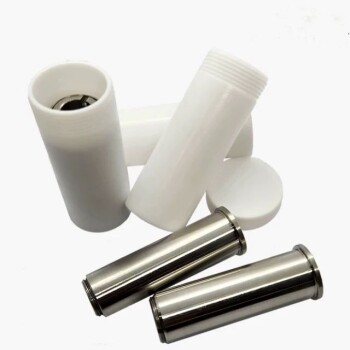
Custom PTFE Teflon Parts Manufacturer for PTFE Bottle Oil Fume Sampling Tube
PTFE products are generally called "non-stick coating", which is a synthetic polymer material that replaces all hydrogen atoms in polyethylene with fluorine.

Custom PTFE Teflon Parts Manufacturer for PTFE Mesh F4 Sieve
PTFE mesh sieve is a specialized test sieve designed for particle analysis in various industries, featuring a non-metallic mesh woven from PTFE filament. This synthetic mesh is ideal for applications where metal contamination is a concern . PTFE sieves are crucial for maintaining the integrity of samples in sensitive environments, ensuring accurate and reliable results in particle size distribution analysis.
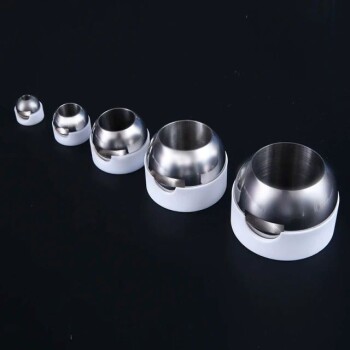
Custom PTFE Teflon Parts Manufacturer for PTFE Ball Valve Seat
Seats and inserts are vital components in the valve industry. As a key component, polytetrafluoroethylene is usually selected as the raw material.
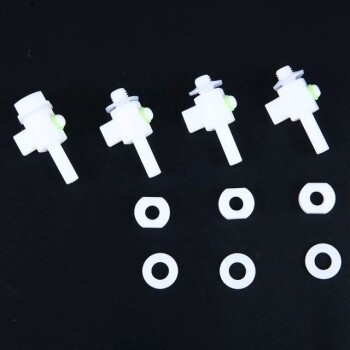
Custom PTFE Teflon Parts Manufacturer for Air Valve Applications
PTFE small air valve for gas-liquid sampling and sampling bag for sample collection.

Custom PTFE Teflon Parts Manufacturer F4 Conical Flask Triangular Flask 50 100 250ml
The PTFE triangular flask, also known as a Teflon reagent bottle, is a robust, chemical-resistant alternative to traditional glass bottles, suitable for handling both acids and alkalis. These bottles are unbreakable, lightweight, and feature a leak-proof screw cap, making them ideal for laboratory use.
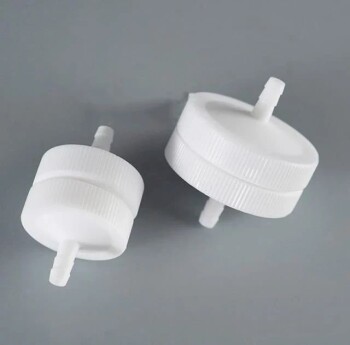
Custom PTFE Teflon Parts Manufacturer for Sampling Filters
PTFE filter element is a commonly used industrial filter element, mainly used to filter corrosive media such as high-purity chemical substances, strong acids, and strong alkalis.
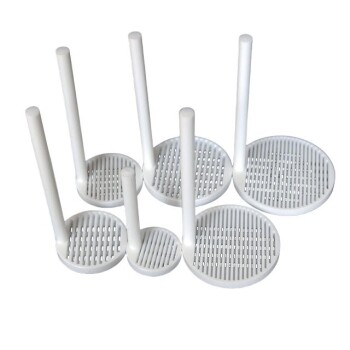
Custom PTFE Teflon Parts Manufacturer for Cleaning Racks
PTFE cleaning racks are mainly made of tetrafluoroethylene. PTFE, known as the "King of Plastics", is a polymer compound made of tetrafluoroethylene.

Custom PTFE Teflon Parts Manufacturer for PTFE Buchner Funnel and Triangular Funnel
The PTFE funnel is a piece of laboratory equipment used primarily for filtration processes, particularly in the separation of solid and liquid phases in a mixture. This setup allows for efficient and rapid filtration, making it indispensable in various chemical and biological applications.
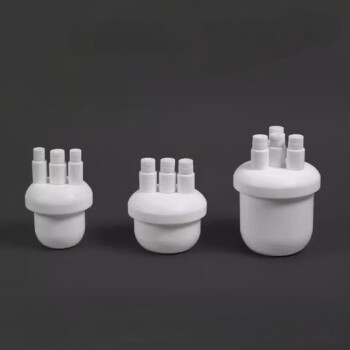
Custom PTFE Teflon Parts Manufacturer for Three-Necked Round Bottom Flask
PTFE flask, is a versatile laboratory container made from PTFE, offering exceptional chemical resistance, temperature stability, and non-stick properties. Ideal for handling corrosive substances and high-temperature applications, these flasks are essential in various laboratory procedures, including heating, mixing, and storage of chemicals.

Custom PTFE Teflon Parts Manufacturer for Magnetic Stirring Bar
The PTFE magnetic stirring bar, made from high-quality PTFE, offers exceptional resistance to acids, alkalis, and organic solvents, coupled with high-temperature stability and low friction. Ideal for laboratory use, these stirring bars are compatible with standard flask ports, ensuring stability and safety during operations.
Related Articles

The key role of PTFE in semiconductor manufacturing: from gas pipelines to electrical insulation
From high-purity gas delivery pipelines to precision electrical insulation components, the multi-faceted application of PTFE in the semiconductor industry chain provides important guarantees for the purity, stability and reliability of the manufacturing process.

Innovative Application of PTFE in Mechanical Seals
PTFE has become one of the core materials in the field of mechanical seals due to its unique chemical stability, low friction coefficient (0.04-0.15), wide temperature range (-268°C to +315°C) and excellent corrosion resistance (pH 0-14).

Exploring the Multifunctional Electrolytic Cell Water Bath: Applications and Benefits
Discover the versatile applications of multifunctional electrolytic cell water baths in various industries. Learn about their benefits, components, and how they facilitate chemical reactions and temperature control.

Common Instrumentation and Operations in Organic Synthesis
Overview of essential glass apparatus, distillation setups, recrystallization, and extraction methods in organic synthesis.

Chemical Vapor Deposition (CVD) Process and High Purity PFA Tubing
An overview of the CVD process and the role of high purity PFA tubing in semiconductor manufacturing.

PTFE seals: the invisible guardian of industrial leakage prevention
PTFE Seals are used to prevent liquid or gas leakage and are widely used in valves, pumps, and piping systems.

Overview of Basic Laboratory Pumps
An overview of various types of laboratory pumps including constant flow, oil-free vacuum, rotary vane, diaphragm, chemical hybrid, molecular, injection, and circulating water pumps.

Understanding and Selecting the Right Microplates for Laboratory Applications
Guide to choosing microplates based on pore density, materials, colors, well shapes, and surface finishes for various laboratory applications.

Sample Preparation Guidelines for Various Analytical Instruments
Detailed instructions for preparing samples for NMR, MS, Chromatography, IR, UV, ICP, Thermogravimetric, XRD, TEM, SEM, and other instruments.

Understanding Isostatic Pressing: Cold and Hot Techniques
Isostatic pressing is a powder processing technique that uses fluid pressure to compact the part. It involves placing metal powders in a flexible container, which acts as a mold for the part. Fluid pressure is exerted over the entire outside surface of the container, causing the powder to be formed into the desired geometry. Unlike other processes that exert force on the powder through an axis, isostatic pressing applies pressure equally from all directions.

Performance and application of polytetrafluoroethylene (PTFE) in high temperature environment